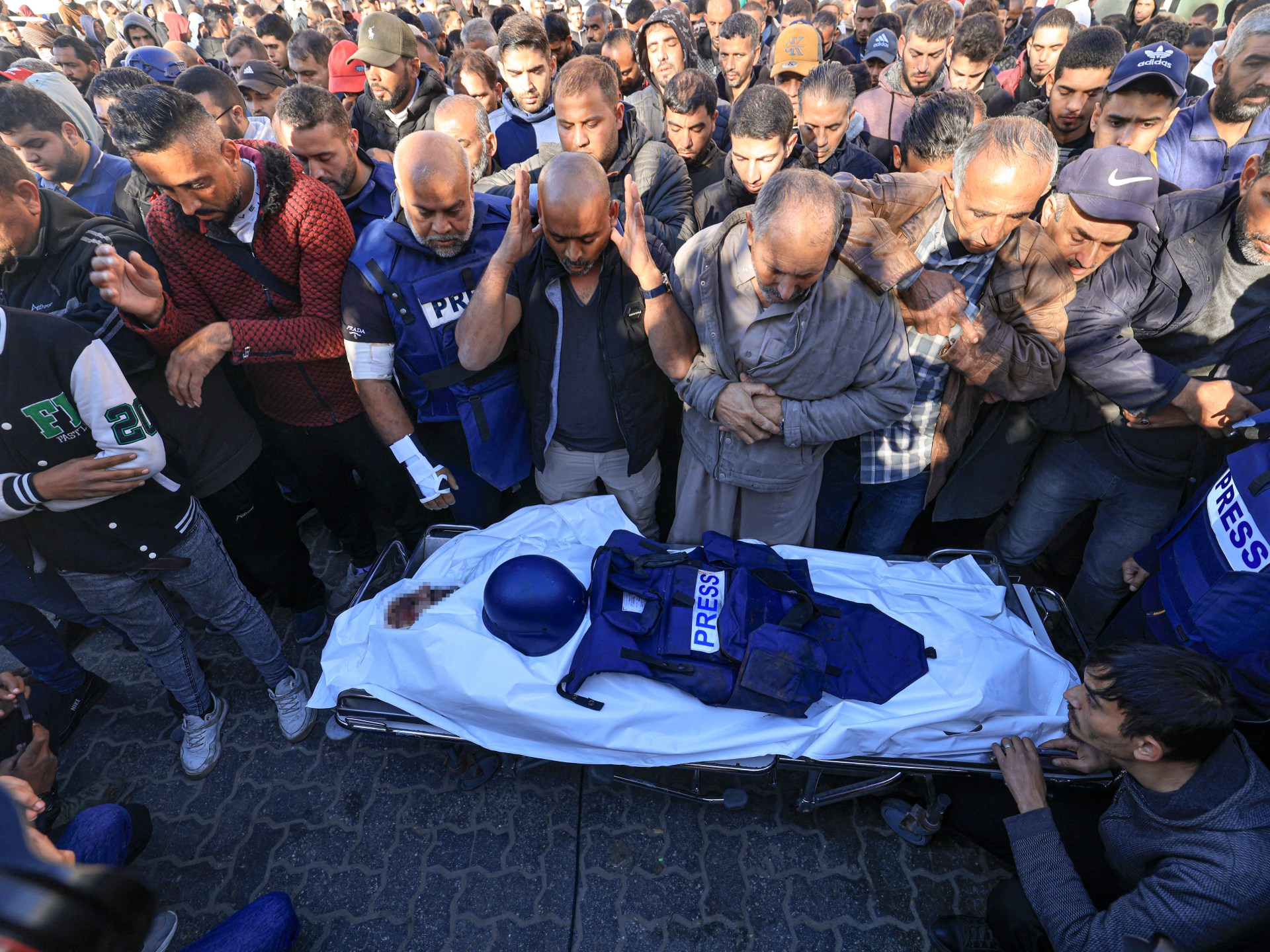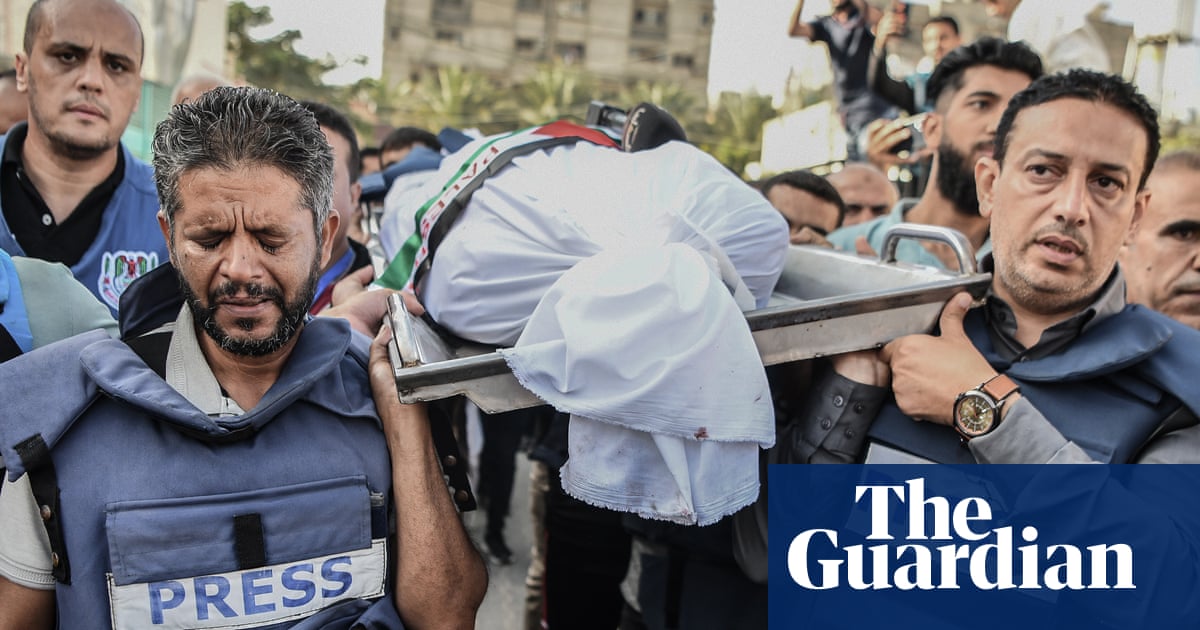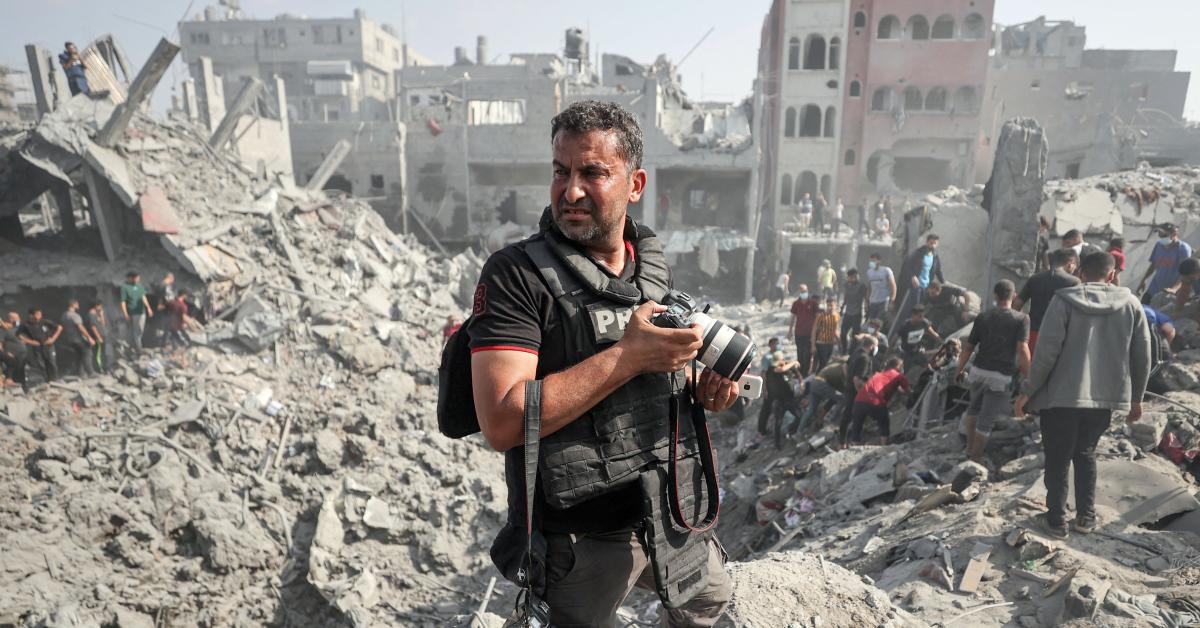The 2024 World Press Freedom Index paints a worrying picture. Press freedom, according to the annual index published by Reporters Without Borders (RSF), has experienced a severe decline worldwide in 2024.
Governments around the world lack a clear willingness to protect journalism, which enjoys satisfactory conditions in only a quarter of the world.
Analysts have observed a growing number of governments and authorities showing a lack of willingness to ensure the best possible environment for journalism and the public's right to reliable, independent, and diverse news and information. This lack of willingness extends to upholding principles of protecting journalists, especially in conflict areas.
On the contrary, state pressure and coercion have increased in many countries, resulting in a record number of violations against journalists and media. This has been particularly marked by the murders of over 100 Palestinian journalists in Gaza.
Italy has dropped 5 positions in the global index, now ranking 46th compared to last year.
But the decline has affected much of the world, leaving journalism in satisfactory conditions in only a quarter of the 180 countries in the index.
In 2024, with elections being held this year in 76 countries — including in Europe, the US, India, Iran, Russia, Taiwan, and the UK — it is considered the most important electoral year in history. This year, according to RSF's editorial director Anne Bocandé, journalism conditions are particularly critical worldwide. In many countries, such as Nigeria (112th) and the Democratic Republic of the Congo (123rd), elections are often accompanied by violence against journalists. The numerous coups in the Sahel — particularly in Niger (from 19th to 80th), Burkina Faso (from 28th to 86th), and Mali (from 114th to 114th) — have brought military juntas to power, hindering journalists' work through force and violence.
Among last year's most concerning election results is the election of Argentine Javier Milei, who shut down the country's largest press agency and led Argentina to drop 40 positions in the index (from 26 to 66).
Turkey, with the reelection of Recep Tayyip Erdogan, has dropped 7 positions due to increasing authoritarianism and the criminalization of dissent. With 2024 being a crucial electoral year, numerous governments have adopted stringent measures against the media.
In Vietnam, ranked 174th, journalists who freely express themselves on social media are almost systematically jailed. In China (172nd) — where more journalists are detained than in any other country — the government has adopted censorship and surveillance policies to regulate online content and limit the spread of information deemed sensitive or contrary to the government line.
In over three-quarters of the countries analyzed by RSF, political groups are engaged in propaganda and disinformation campaigns, aiming to fuel hatred and distrust towards journalists. Among these countries is Giorgia Meloni's Italy, which has dropped 5 positions in the ranking (from 41 to 46).
In Eastern Europe and Central Asia, censorship and repression have intensified, particularly in Belarus, Georgia, Kyrgyzstan, and Azerbaijan. The conditions for press freedom remain dire in Russia (162nd), where pro-government media propagate Russian propaganda and authorities even threaten Russian journalists in exile.
In 2024, artificial intelligence is also fueling disinformation, lacking clear international regulation. Deepfakes, in particular, have the potential to profoundly influence campaigns and election outcomes. As seen in Slovakia, with the case of journalist Monika Todova's deepfake audio circulated during parliamentary elections with the clear aim of influencing the outcome.
The only 8 countries judged to have good press freedom conditions (Norway, Denmark, Sweden, Netherlands, Finland, Estonia, Portugal, and Ireland) are located in Europe, particularly within the European Union.
Indeed, in 2024, the EU adopted its first media freedom law (EMFA). Among the top three countries, we no longer find Ireland, which dropped to eighth place, replaced by Sweden. Germany, however, has risen eleven positions, from 21st to tenth place. Hungary, Malta, and Greece occupy the last three positions in the EU.
Further east, due to the extent of disinformation and media censorship linked to the conflict between Russia and Ukraine, journalism conditions are deteriorating. However, a positive note for Ukraine (61st) is the improvement in safety and political indicators, allowing the country to climb 18 positions.
Italy, whose press freedom continues to be deemed "problematic," has dropped from 41st to 46th place. The main threats, as in 2023, are pressures from mafia organizations and violent extremist groups. Additionally, journalists face increasing interference from politics in their work.
The practice of self-censorship is also widespread in Italy, not only to comply with editorial lines but also to avoid the growing number of SLAPPs or other forms of intimidating and repressive legal actions. Furthermore, the coalition government led by Giorgia Meloni proposed and approved several laws during the year that restrict media freedom, including the "gag law," which prohibits journalists from citing arrest warrants.
Problems run across social media too. With the US presidential election and other globally significant political events approaching, social media platforms are introducing measures to ensure balance and transparency in what users see.



